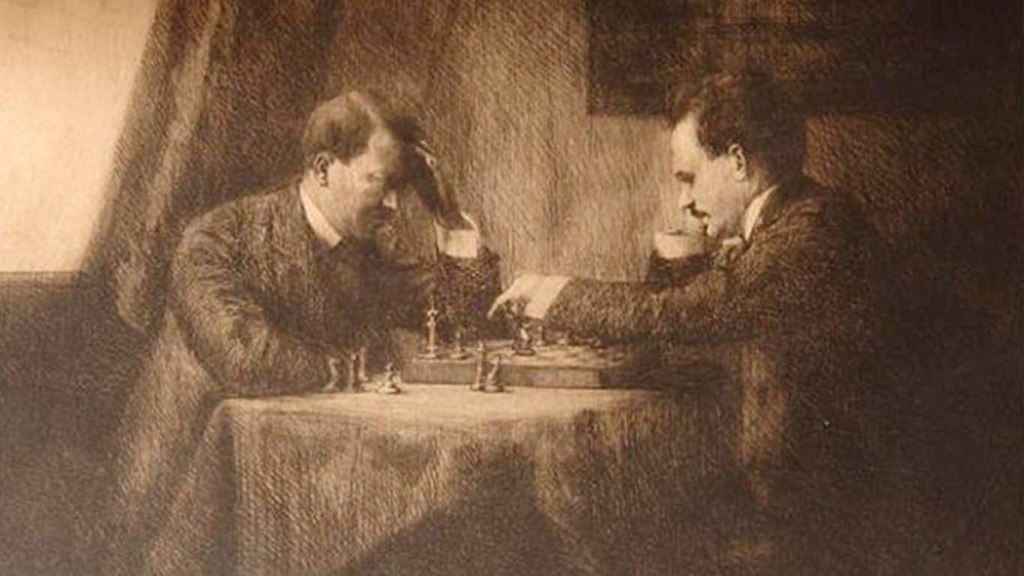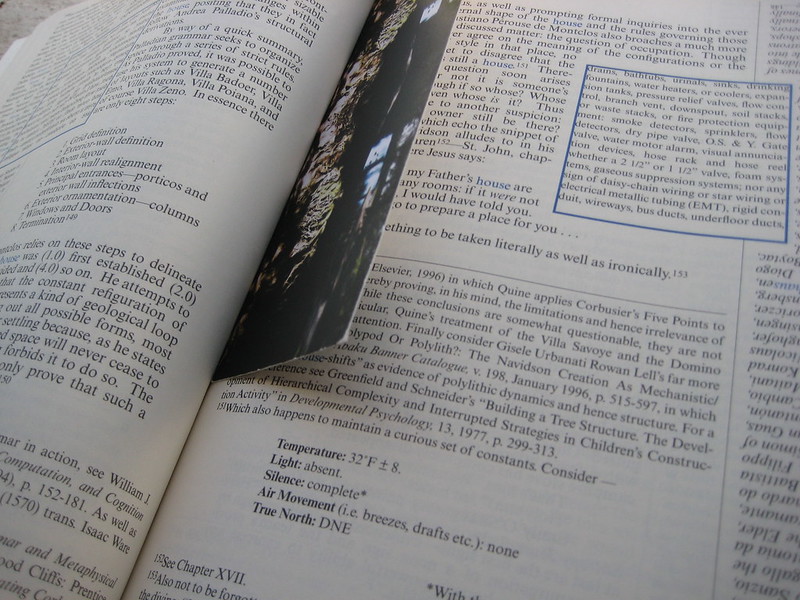A letter from William Cullen Bryant to his mother, Jan. 16, 1821:
Dear Mother:
I hasten to communicate to you the melancholy intelligence of what has lately happened to me.
Early in the evening of the eleventh day of the present month, I was at a neighbouring house in this village. Several people of both sexes assembled in one of the apartments — three or four others, together with myself were in another. At last came a little elderly gentleman, pale, thin, with a solemn countenance, a pleuritic voice, hooked nose, and hollow eyes. Presently we were summoned to attend in the room where he and the rest of the company were assembled. We went in, and took our seats; the little elderly gentleman with the hooked nose then prayed, and we all stood up. When he had finished, most of us sat down. The little elderly gentleman with the hooked nose then asked those who remained standing for something which he called a certificate … A paper was accordingly produced, inscribed with certain significant characters, upon which having mused a little while, he turned to us and pronounced several cabalistical expressions, which I was too much frightened to remember — but I recollect very well, that, at the conclusion, I was given to understand that I was married to a young lady of the name of Frances Fairchild, whom I perceived standing by my side, and whom I hope, in the course of the next few months, to have the pleasure of introducing to you as your daughter-in-law; which is a matter of some interest to the poor girl who has neither father nor mother in the world. …
I looked only for goodness of heart, an ingenuous and affectionate disposition, a good understanding &c. &c., and the character of my wife is too frank and single-hearted to suffer me to suppose the possibility of my being disappointed. — I misstate the matter — I did not look for these, nor any qualities — but they trapped me before I was aware, and now I am married in spite of myself. When we shall begin to keep house will depend, as everything else does, altogether upon circumstances.
Thus the current of destiny carries us all along. None but a madman would swim against the stream, and none but a fool would exert himself to swim with it. The best way is to float idly with the tide. …
Your affectionate son
W.C. Bryant





